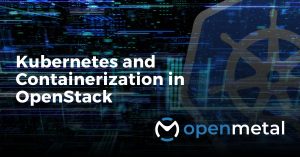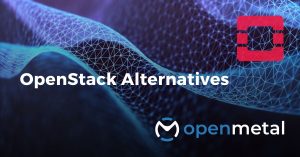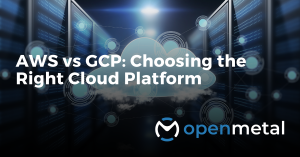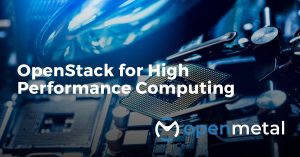What is high performance computing?
High performance computing refers to the use of powerful computers and parallel processing techniques to solve complex computational problems. This is accomplished by aggregating computing power to deliver higher performance than traditional desktop computers or workstations. HPC is typically used for tasks that can include: running larging-scale simulations, financial models, big data analytics, and AI which require considerable processing power, memory and storage.
The key characteristics of HPC include:
- Parallel Processing: high performance computing systems use multiple processors or nodes working together simultaneously
- Super Computers: advanced HPC systems are known as supercomputers
- High-Speed Interconnects: HPC systems tend to have custom interconnects that allows the processors to communicate quickly and efficiently
- Distributed Systems: The computers working together in an HPC can be distributed across various geographic locations
What are the infrastructure requirements for HPC?
HPC workloads have unique infrastructure needs due to their intense computational demands. High computational power is essential, as HPC tasks often involve complex simulations, data analysis, and large-scale parallel processing. These workloads also handle vast datasets, requiring both significant storage capacity and high throughput for efficient data management. Additionally, low latency is critical in HPC environments, as the communication between computing nodes must be fast to ensure that large tasks can be processed without delays. Specialized hardware, such as GPUs and accelerators, is often used to boost performance in areas like machine learning, scientific simulations, and data processing.
What is OpenStack?
OpenStack is an open source cloud infrastructure platform that can be built using independent components. OpenStack was founded through a joint venture by NASA and Rackspace and has since grown into a robust and reliable platform thanks to the contributions of the amazing open source community.
Can OpenStack clouds be used for HPC?
Private OpenStack clouds offer several key features such as scalability, flexibility, integration, and cost-efficiency that make them suitable for running HPC workloads.
- Scalability: OpenStack’s dynamic provisioning allows users to easily scale HPC clusters to keep up with the needs of large computational tasks. This is great for instances such as scientific research where resource requirements fluctuate.
- Flexibility: OpenStack supports various HPC applications and frameworks such as MPI, Hadoop, Kubernetes, OpenMP, Slurm Workload Manager, and Ceph.
- Integration: OpenStack can be integrated with existing HPC tools and infrastructure. This allows you to use OpenStack to enhance or supplement existing HPC infrastructure without the need to replace your existing infrastructure or move your workloads.
- Cost Efficient: The resource demands of HPC can be extensive and costly. OpenStack is cost effective, and the root level access allows users to optimize their infrastructure to avoid wasted resources.
Learn More About On-Demand OpenStack
More From OpenMetal…

Kubernetes and Containerization in OpenStack
When considering OpenStack and Kubernetes, it is important to note that they do not compete with each other, rather, they are complementary projects. OpenStack is an infrastructure software, its priority is to manage your infrastructure resources …. Read More

Explore alternatives to OpenStack – Apache CloudStack, VMware vCloud, Proxmox, Google Cloud Platform and Amazon Web Services. OpenStack is an open source platform composed of several independent components. These components interoperate with each other through Application Programming Interface (API)…. Read More

AWS vs GCP: Choosing The Right Cloud Platform
AWS and GCP are leading players in cloud computing, offering a wide range of services and attractive pricing. However, choosing the right platform requires understanding their strengths, customer pain points, and alternatives. Comparing and shopping around for cloud products can be complex … Read More
Test Drive
For eligible organizations, individuals, and Open Source Partners, Private Cloud Cores are free to trial. Apply today to qualify.
Subscribe
Join our community! Subscribe to our newsletter to get the latest company news, product releases, updates from partners, and more.




































